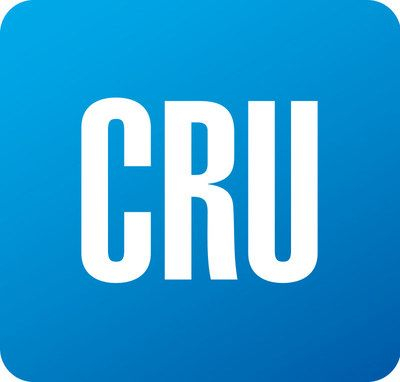CRU

November 14, 2021
CRU: The True Cost of the EU-U.S. Section 232 Deal
Written by Greg Wittbecker
By Greg Wittbecker, Advisor, CRU Group
Quotas in exchange for exemption, a bad precedent for other countries
There has been much written about the new détente between the EU27 and the USA in the aftermath of the deal to suspend duties on European steel and aluminum. There are also reports that something may also be pending between the U.S. and Japan, perhaps the U.S. and South Korea.
![]()
We always like to remind our aluminum clients that Section 232 is as much about steel as it is about aluminum. This deal with the EU underscores how steel’s influence can be disproportionately large in this ongoing debate. I will leave it to my colleagues on the steel desk to opine on the importance of the deal on steel.
From an aluminum perspective, the EU was and is not a real player in the primary, unwrought aluminum import trade to the U.S. Multiple sources cite recent annual imports of 18,000 tons. Let’s put that into perspective. That represents about three (3) days of annual imports from Canada. Imports of semi-fabricated aluminum ARE larger, about 366,000 tons and typically comprise high-value, unique alloys and products not being produced in the USA. That’s the equivalent of what the U.S. domestic sheet and plate shipments are for a month.
While the EU-U.S. deal may give both sides political capital to argue that bilateral relations are being patched up (especially after the end of the long-running commercial aircraft feud), the aluminum industries on both sides of the Atlantic are not overjoyed with the deal.
The crux of the unhappiness is the agreement to impose quotas as condition of obtaining exemption. This demand from the U.S. was a major bone of contention with Canada, which steadfastly refused to accept any quotas as a precondition for earning exemption. In the end, Canada prevailed due to the fact it had a stronger “hand” than the U.S. Canada supplies about 62% of U.S. imports (2.5 million out of a total of 4 million tons of primary metal), so it is a crucial and reliable supplier to the U.S. It also had the political capital to argue “why did we negotiate USMCA if you are going to impose quotas on us?”
Unfortunately for the EU27 aluminum sector, it had no comparable bargaining leverage. Steel drove these negotiations, not aluminum, and in the final analysis, steel prevailed. Aluminum exporters end up with a quota, and it risks setting a bad precedent for other countries seeking exemption into the U.S.
The Middle East producers in Bahrain, Qatar and the UAE undoubtedly are chagrined to see the EU concede quotas in exchange for their exemption. These countries are growing their trade to the U.S. on aluminum, and a quota system stunts that growth. As much as Russia would like to earn an exemption, there’s little chance given the strained relations between Washington and Moscow.
Some consumers of EU27-origin aluminum sheet/plate are probably cheering the news about the new exemption. But most advocates of free trade are saying it was a high price to pay for a relatively small benefit.
Greg Wittbecker joined CRU in January 2018 after retiring from Alcoa, where he was Vice President of Industry Analysis and Managing Director of Alcoa Beijing Trading, based in Shanghai, China. His career spans 35 years in the aluminum industry, having also held senior commercial and management roles at Cargill, Wise Metals and Koch Supply and Trading. Greg brings perspective on the entire aluminum supply chain from bauxite to aluminum finished products and will be a regular contributor to SMU going forward. He can be reached at gregory.wittbecker@crugroup.com
Request more information about this topic.
Learn more about CRU’s services at www.crugroup.com


